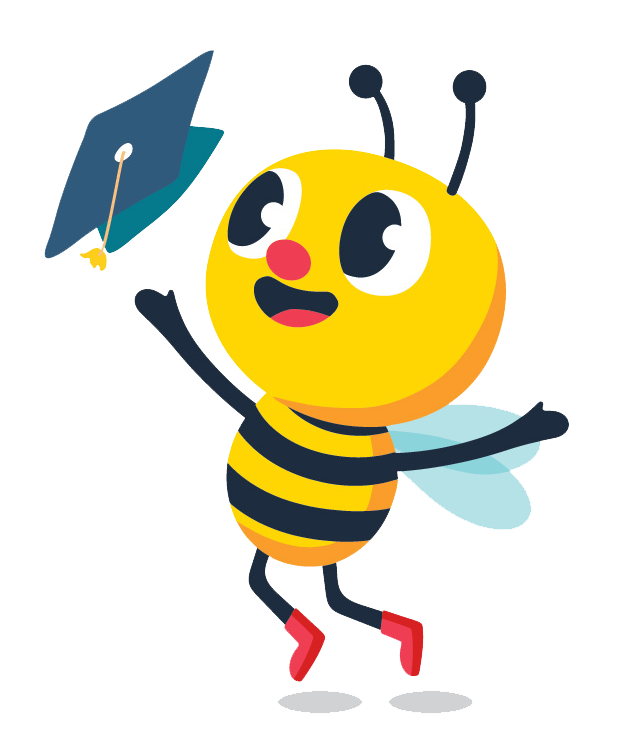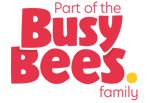
Premium child care with a mastery-based curriculum that gives every child the best start in life.
The Montessori Difference
At Montessori by BrightPath, we foster learning through a mastery-based curriculum that encourages each child to develop into a capable, kind, caring, and thoughtful person who is not afraid to act independently. Children learn to read and write with ease and develop an understanding of mathematics through an exploration of concepts in concrete form.
Peek Inside a Montessori by BrightPath Center...
Montessori Areas of Learning
Practical Life
One of the first ways children become independent is through mastery of ‘everyday’ tasks such as spooning, pouring, doing up buttons, and putting on jackets. In the Montessori classroom, there are materials designed that specifically focus on these skills.
This area of the classroom is known as the Practical Life area. Through engagement with Practical Life materials, children learn how to develop skills that will serve them in their real lives. In this area of learning, children experience real-life situations and activities promoting gross motor activities, three-finger-grasp, concentration, coordination, order, inner discipline, care of self, and of the environment. These acquired skills enable the child to develop long-sought-after independence and the development of self-confidence.
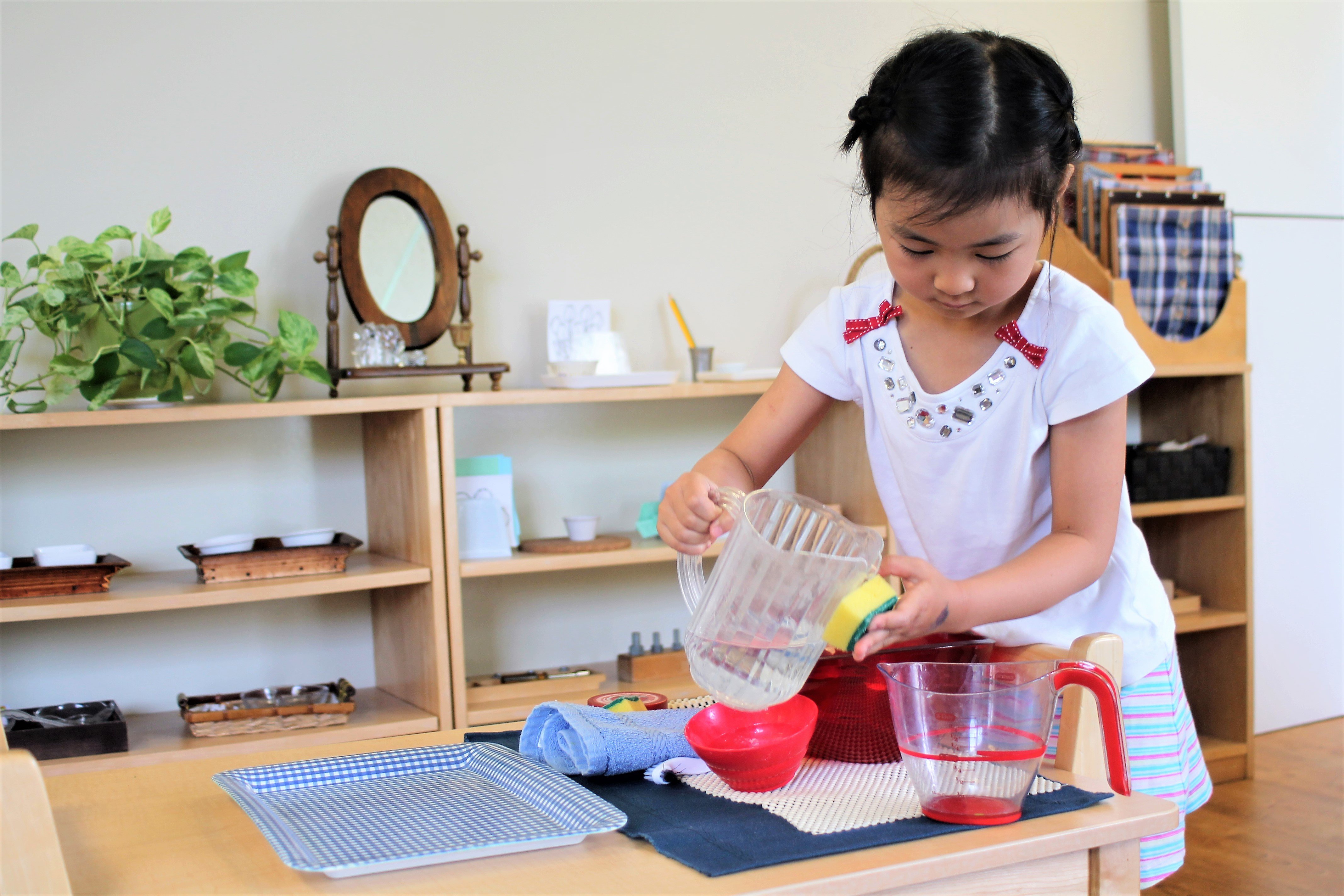
Sensorial
The Sensorial area of the classroom is designed to help child order their experience of the world. Through interaction with carefully prepared materials, a child experiences a physical understanding of short and long, smooth and rough, heavy and light, and all the grades in between.
Sensorial materials are meant to stretch a child’s perception in terms of size, shape, length, colour, sound, and texture. They demonstrate grades and shades of experience, rather than develop a binary concept (degrees of lightness/degrees of heaviness, rather than just heavy and light). Through repeated encounters with Sensorial material, a child is given multiple opportunities to develop discrimination. This skill is fundamental in the further study of mathematical and scientific concepts.
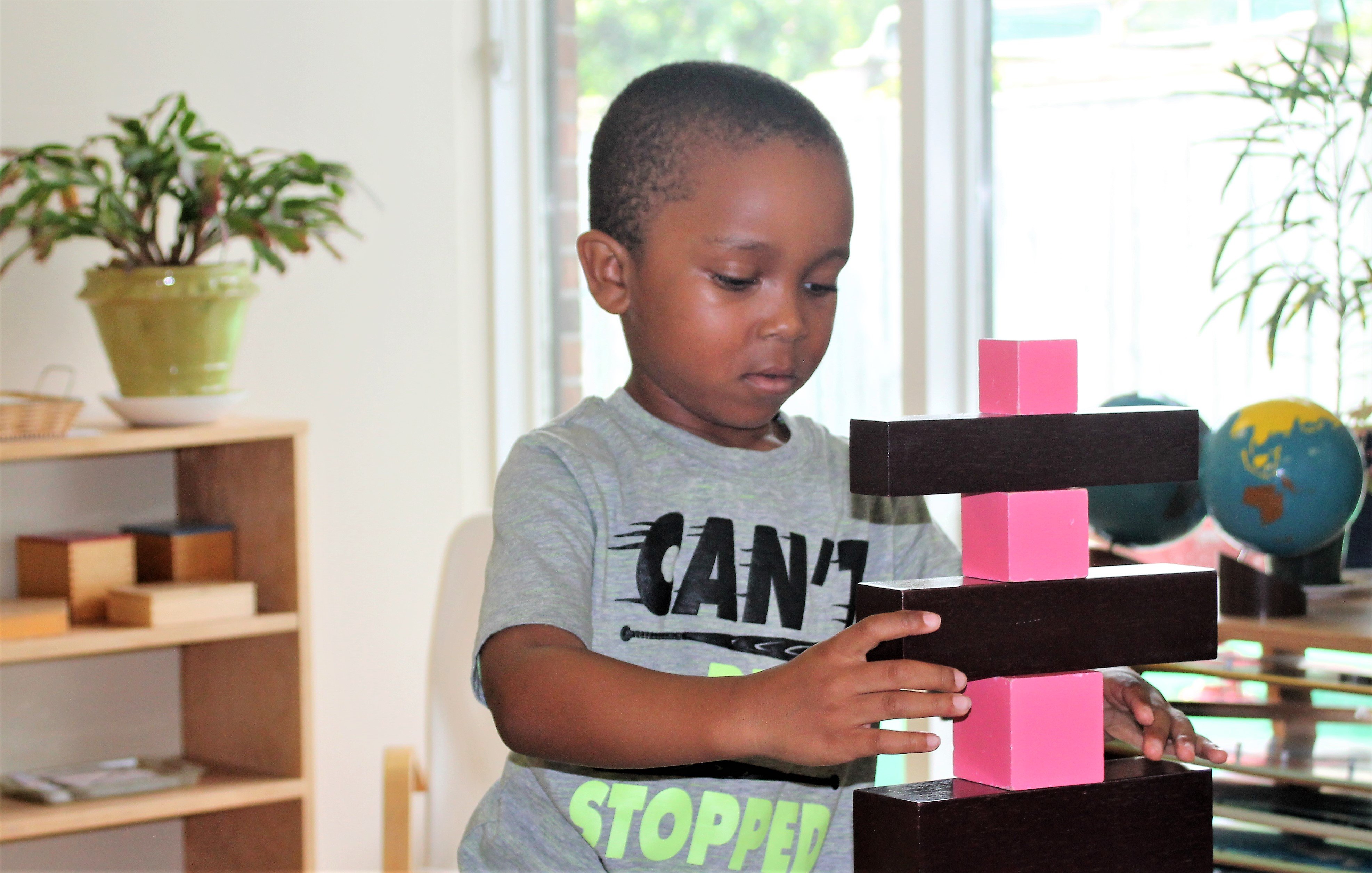
Language
Maria Montessori spoke at great length about the child’s ability to ‘absorb’ language. Unconsciously absorbing their mother tongue when they are toddlers, Casa students learn to consciously investigate both spoken and written language.
The Language materials she developed serve to support children at the various stages of their development. From the “I Spy” verbal games and the oral development of a rich vocabulary to the use of the Moveable Alphabet to ‘write’ words and sentences, the goal of Language material is to give a child a sense of wonder about both the spoken and the written word.
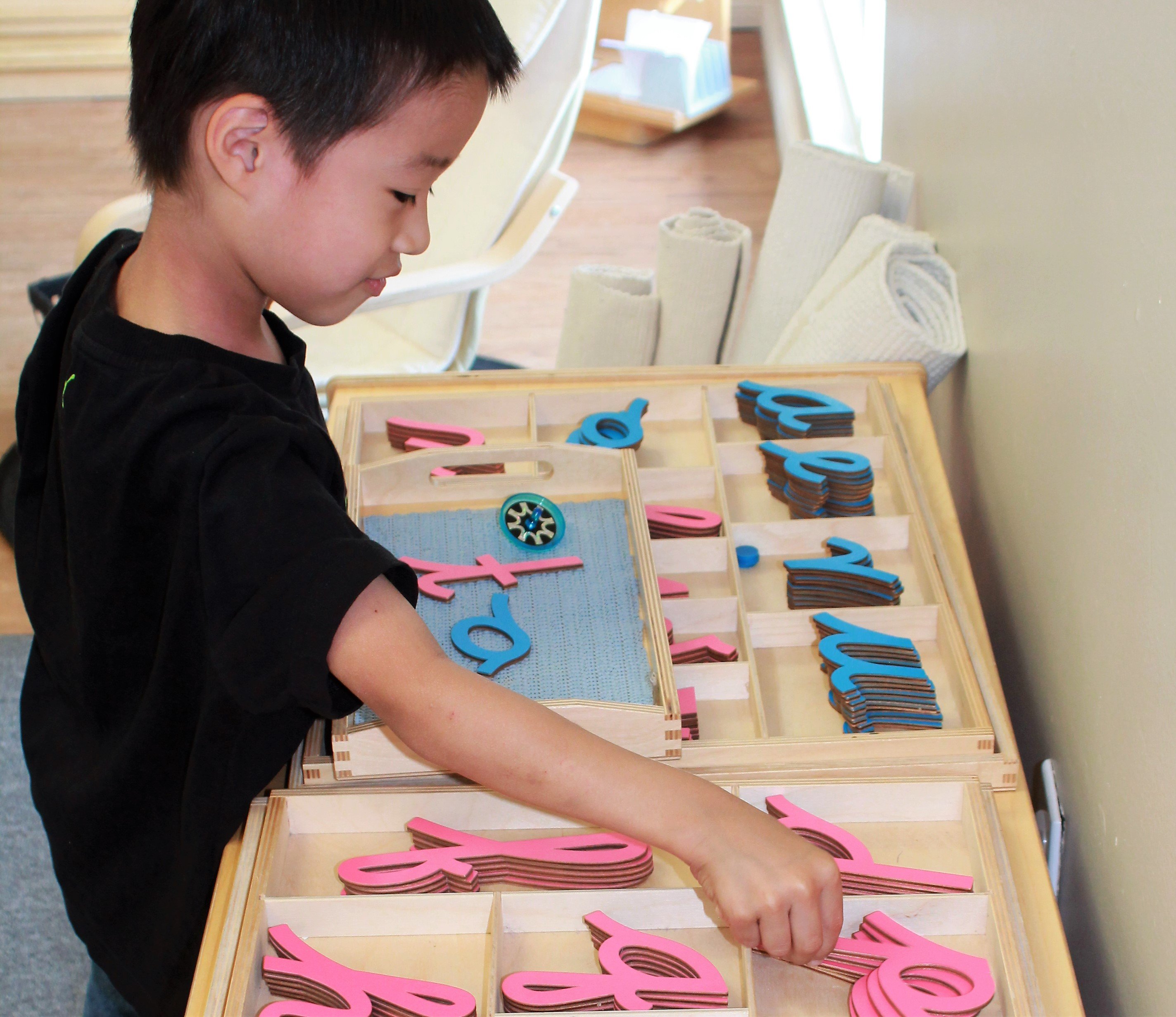
Mathematics
The Mathematics materials developed by Montessori demonstrate a thorough understanding of the developmental stages of mathematical understanding that a young child progresses through.
These attractive, enticing materials begin with a concrete experience of a concept (counting the segments of a number rod) and advance to more abstract concepts. As with all of the materials in the classroom, each Math material focuses on one particular concept. As a child demonstrates mastery of one particular concept, another more abstract concept is introduced. It is through this way of experiencing mathematics that a child may progress from counting segments in a number rod, to computing addition equations that are both static and dynamic.
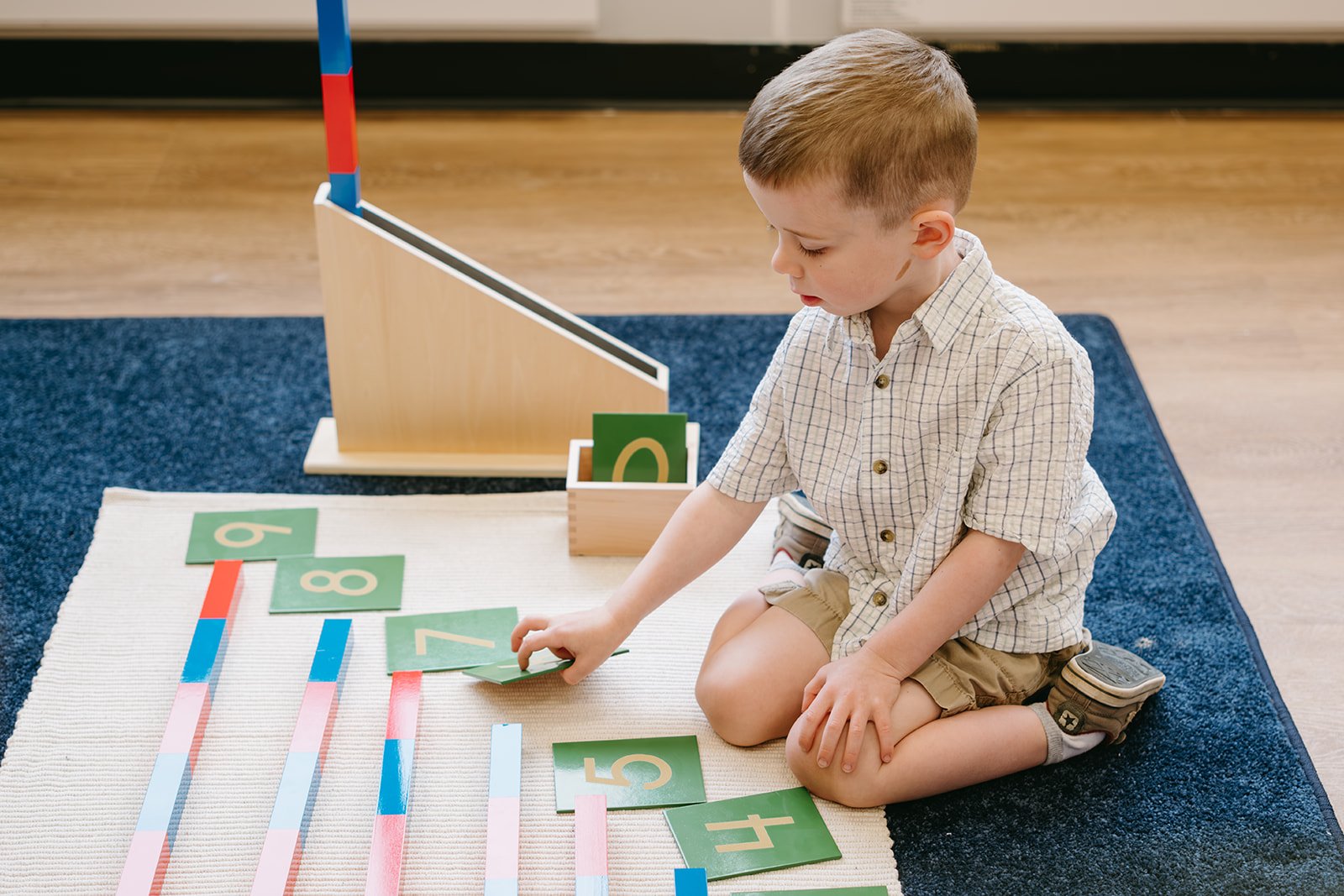
Cultural
The Cultural area of a Montessori classroom includes activities focused on the areas of Science, Art, and Music. The Science materials include studies in Botany, Zoology, History, and Geography.
A child, for example, might begin with a wooden puzzle that shows the parts of the flower, and may progress on to learn the particular names of those parts and might even culminate this knowledge in the making of a "Parts of the Flower booklet." Another child might begin by exploring where the areas of land and water are on a globe and might end up producing a "Map of the World." Such progression from the simple to the complex is evident throughout the various areas of study. The Fine Arts area of the Montessori curriculum gives a child a unique avenue of personal expression. Having developed various skills in the Practical Life and Sensorial areas of the classroom, the child is now able to use those skills through the journey of producing art and music that is meaningful, expressive, and personal expression.
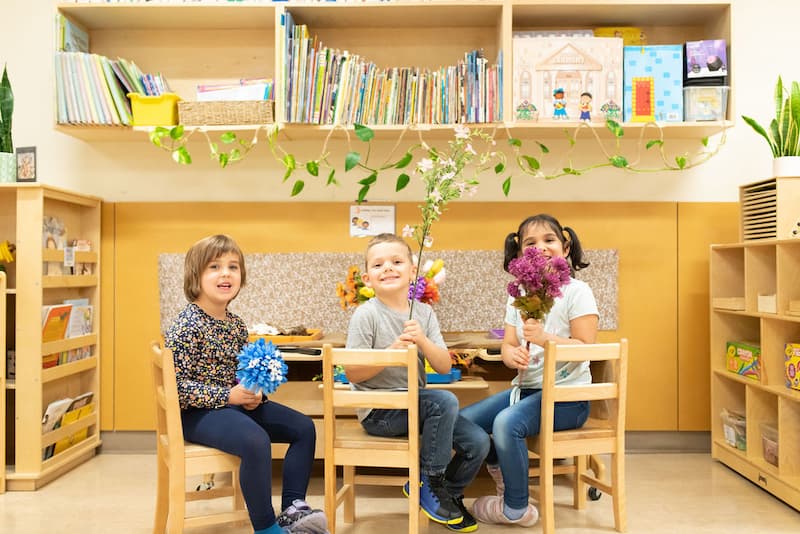
What Montessori by BrightPath Families Think About Us
Daily Updates On Your Child with BrightPath Connect App
Connect™ captures and shares your child's development so you'll never have to miss out! It's an intuitive, complimentary, easy-to-use parent engagement app that allows parents to see how their child is progressing.
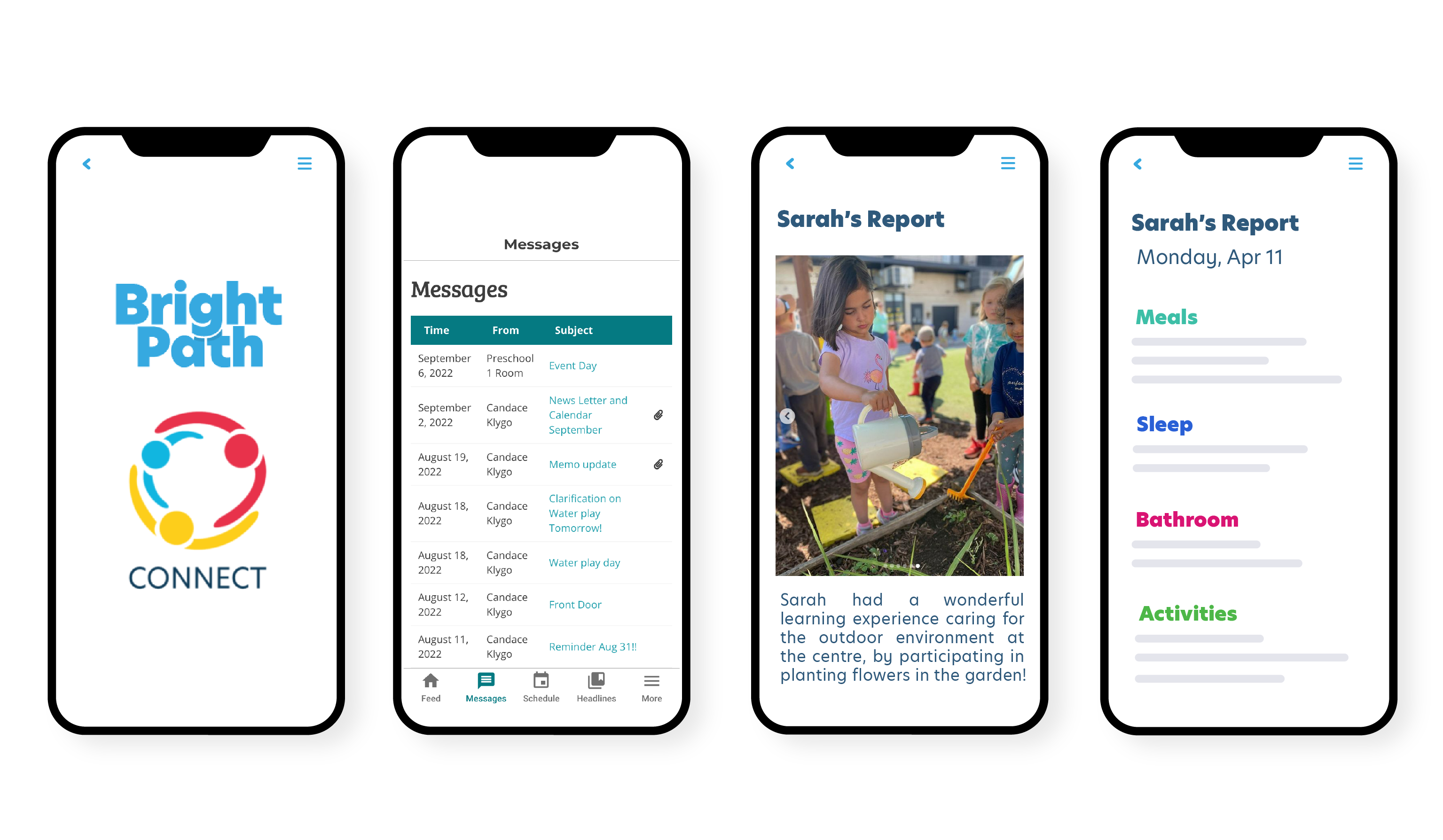
Latest Blog Posts

Easy Mother’s Day Crafts Kids Can Make at Home
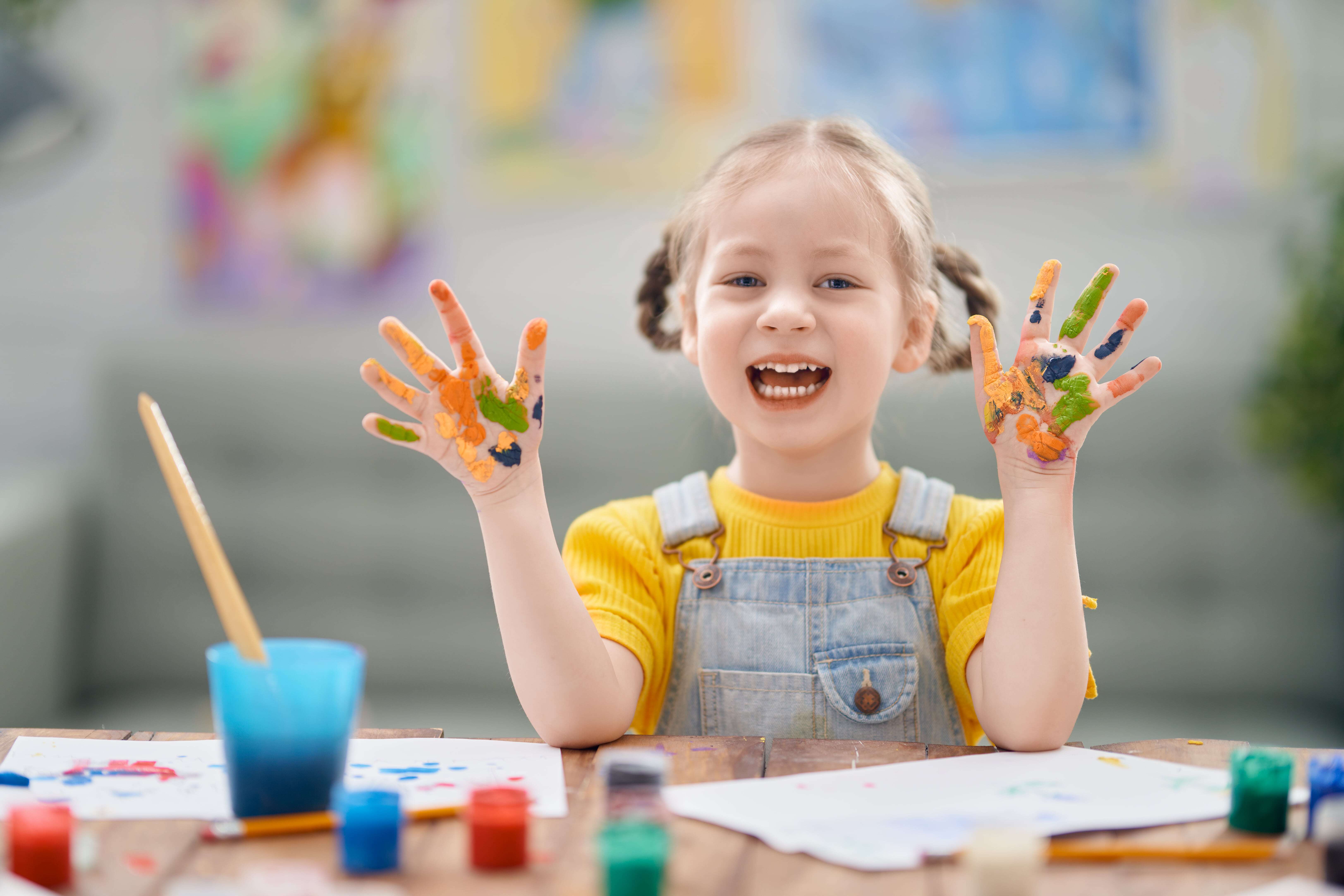
The Science Behind Why Early Childhood Educators Are So Important
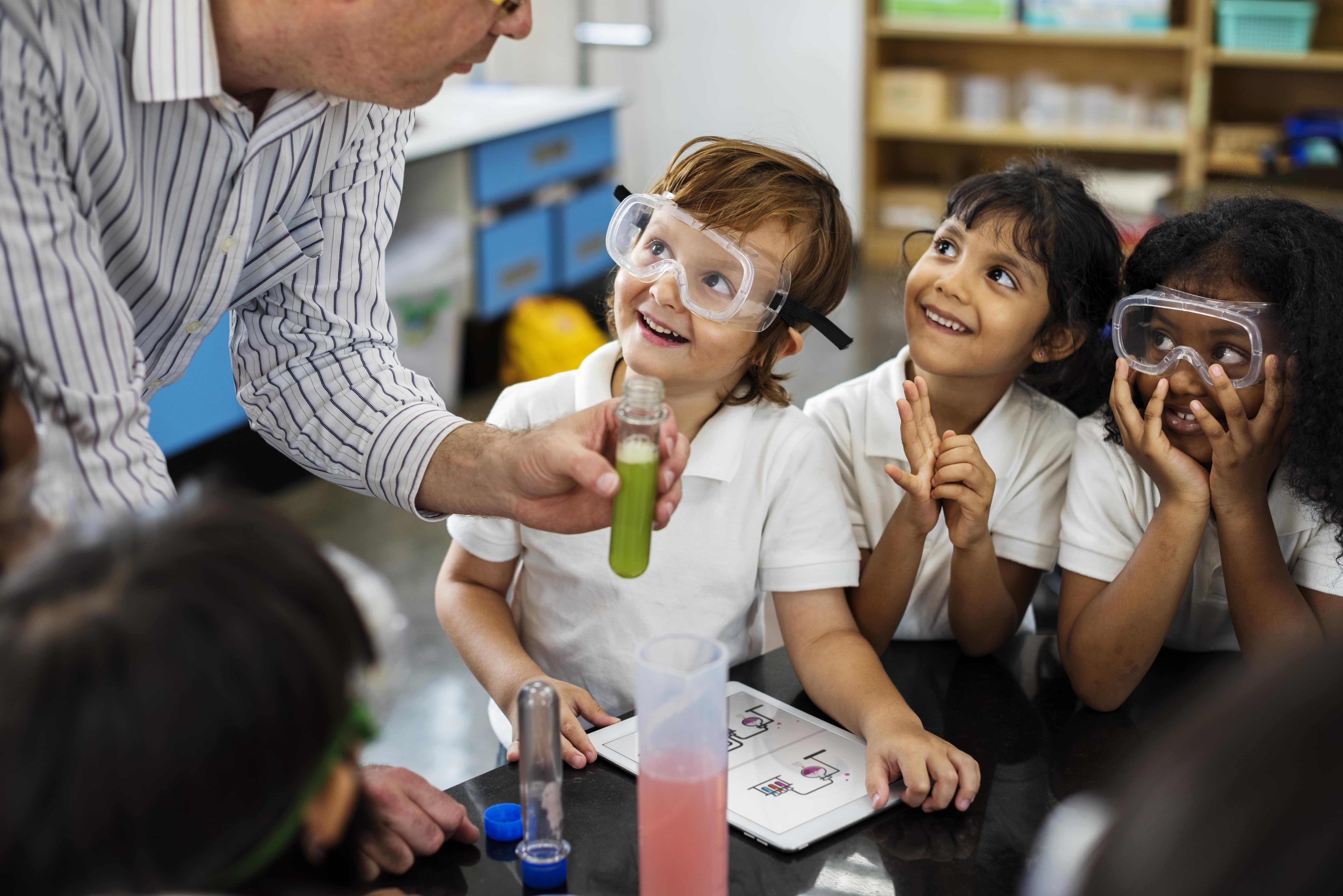
Understanding the World Around Us: Introducing STEM Concepts to Young Minds


